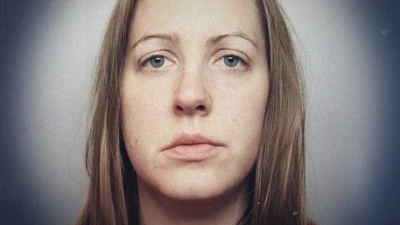We've updated our Privacy and Cookies Policy
We've made some important changes to our Privacy and Cookies Policy and we want you to know what this means for you and your data.
Criminal reoffending rate falls in Scotland
Image source, PA
The number of offenders being reconvicted in Scotland has fallen, .
A third of criminals under 21 went on to commit further offences in 2012-13 - down by 9.4% from a peak in 1997-98.
There was a fall of 28% in 21 to 25-year-olds reconvicted in the past decade.
Most likely to reoffend were people convicted of dishonesty crimes. The rates were lowest for those who committed a sexual crime.
"The [overall] reconviction rate has fallen by one percentage point for 2012-13," the report said.
"Between 2003-04 and 2012-13, the reconviction rate has fallen by 4.1 percentage points from 32.7 to 28.6, and the average number of reconvictions has fallen by 18% from 0.62 to 0.51."
'Low level'
The report added: "These reductions are set against the context of a falling number of crimes recorded by the police since 2004-05. Crime and victimisation surveys also reveal a similar pattern of falling incidence of crime."
People given drug treatment and testing orders (DTTOs) had the highest average number of reconvictions and there was a 60% reconviction rate for people imprisoned for three months or less. The rate was 10.1% for those serving more than four years.
"Those that commit relatively low-level crimes but in high volumes are more likely to be reconvicted, and are more likely to get short custodial sentences," the report said.
"Offenders under the age of 21 had the highest reconviction rate (33%) in 2012-13, and one of the highest average number of reconvictions per offender of the age groups (0.57) - but this is equal with the 26 to 30 age group, and only slightly higher than the 31 to 40 age group."
Men were more likely to reoffend than women.
Just under a third of people given community payback orders, including unpaid work in their local area, went on to commit further offences.
Top Stories
More to explore
Most read
Content is not available








